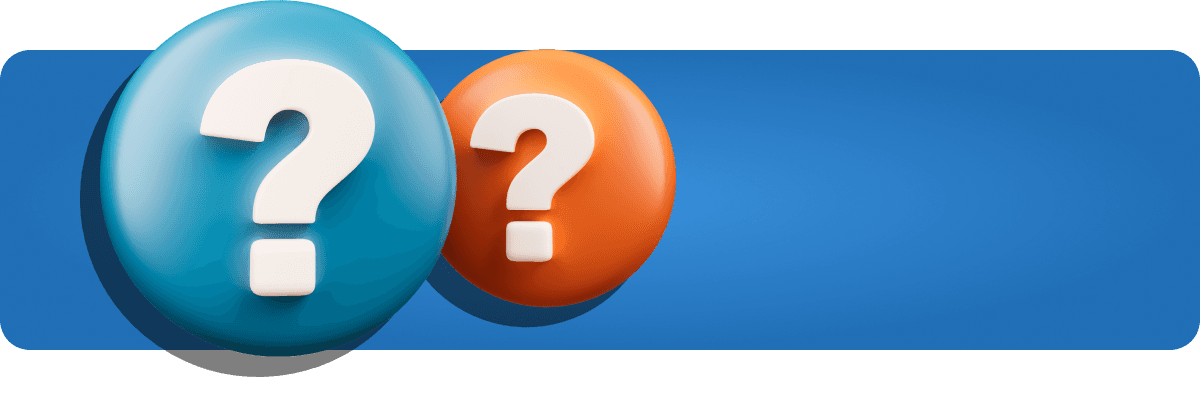
Why get a neurodivergence diagnosis?
3 Sept 2024
by

Noetic
4
minute read
Last Updated
Sep 3, 2024
There's a persistent misconception about neurodivergence: that it's primarily identified in childhood. Let's challenge this notion. It's never too late to recognise your neurodivergent identity. Neurodivergence isn't a phase that appears in childhood and fades in adulthood. It's an integral part of who you are throughout your life.
Why Recognition Might Come Later in Life
Evolving Awareness 🌱: Our understanding of neurodiversity is continually growing. Traits and experiences that may have been overlooked or misunderstood in childhood are now being recognised for what they truly are.
Adult-Specific Challenges 💼: The complexities of adult life - from workplace dynamics to relationship intricacies - can highlight neurodivergent traits that were less apparent in structured childhood environments.
Societal Stereotypes 🔍: Prevailing stereotypes often obscure the recognition of neurodivergent adults. Those who don't fit neatly into predefined boxes might find recognition only later in life.
Resource Barriers 🚫: Not everyone has equal access to information or assessment resources earlier in life. Adulthood might be the first opportunity for many to explore their neurodivergent identity.
Unmasking in Adulthood 🎭: As children grow up, societal pressures often lead to "masking" - hiding or suppressing neurodivergent traits. In adulthood, as confidence grows and self-reflection deepens, individuals may begin to unmask, leading to a desire for deeper self-understanding.
The Transformative Power of Adult Recognition
Recognising your neurodivergence in adulthood isn't "late" - it's a timely and potentially life-changing experience. Here's why:
Deepened Self-Understanding 📖: Exploring your neurodivergent identity can unravel layers of self-awareness at any age. This newfound understanding can help you harness your strengths, navigate challenges, set proactive boundaries, and enhance self-care practices.
Unlocked Support Opportunities 💼: More workplaces and educational institutions are offering tailored accommodations. Understanding your neurodivergence can help you access resources aligned with your specific needs, paving the way for personal and professional success.
Strengthened Relationships 💞: Recognising your neurodivergence provides a framework for explaining your unique way of experiencing the world to loved ones. It's a starting point for deeper conversations, fostering mutual understanding and stronger connections.
Reframed Perspectives 🖼️: Adult recognition offers a fresh lens to view past experiences and shape future ones. It can foster self-compassion for your younger self and provide context for feeling different. Acknowledging your neurodivergent strengths can guide your future steps and help you create an environment that allows you to thrive.
Boosted Advocacy 📣: There's power in knowledge and even more in lived experiences. Understanding your neurodivergence empowers your voice on these topics, helping to challenge stereotypes and raise awareness for yourself and others.
Community Connection 🔗: Recognising your neurodivergence can open doors to connecting with like-minded individuals. It provides opportunities to share experiences and develop authentic bonds with other neurodivergent people.
Embrace Your Journey
Remember, there's no "right time" to recognise or explore your neurodivergence. Whether you're in your 30s, 40s, or beyond, understanding this part of your identity can be enlightening and empowering.
Neurodivergence is a natural and valuable form of human diversity. By recognising and embracing your neurodivergent traits, you're not gaining a label - you're gaining insight into your unique cognitive style, your strengths, and the particular ways you interact with the world.
Every neurodivergent journey is unique, and every step towards self-understanding is valuable. Whether you choose to seek a formal assessment or simply explore your neurodivergent traits, remember that you're embarking on a journey of self-discovery that can lead to greater self-acceptance, improved life strategies, and a deeper connection with the neurodivergent community.
So, embrace your journey. Your neurodivergence isn't just a part of you - it's a valuable aspect of human diversity that contributes to the beautiful tapestry of human experience. And that's something to be proud of.
Explore Your Neurodivergence with Noetic
At Noetic, we believe in the power of self-discovery at any age. Our Noetic Assessment is designed to support adults taking the first steps in their neurodivergence journey.
Comprehensive Assessments: Our expert-designed tools cover a range of neurodivergent experiences.
Flexible and Accessible: Complete your assessment at your own pace, from the comfort of your home.
Empowering Results: Gain insights that celebrate your unique cognitive style and strengths.
Supportive Next Steps: Receive tailored resources and guidance based on your results.
Remember, exploring your neurodiversity is a personal choice. Whether or not you decide to seek a formal assessment, your journey of self-discovery is valid and valuable. You're welcome to reach out to our team at hello@noetic.health if you have any questions.
